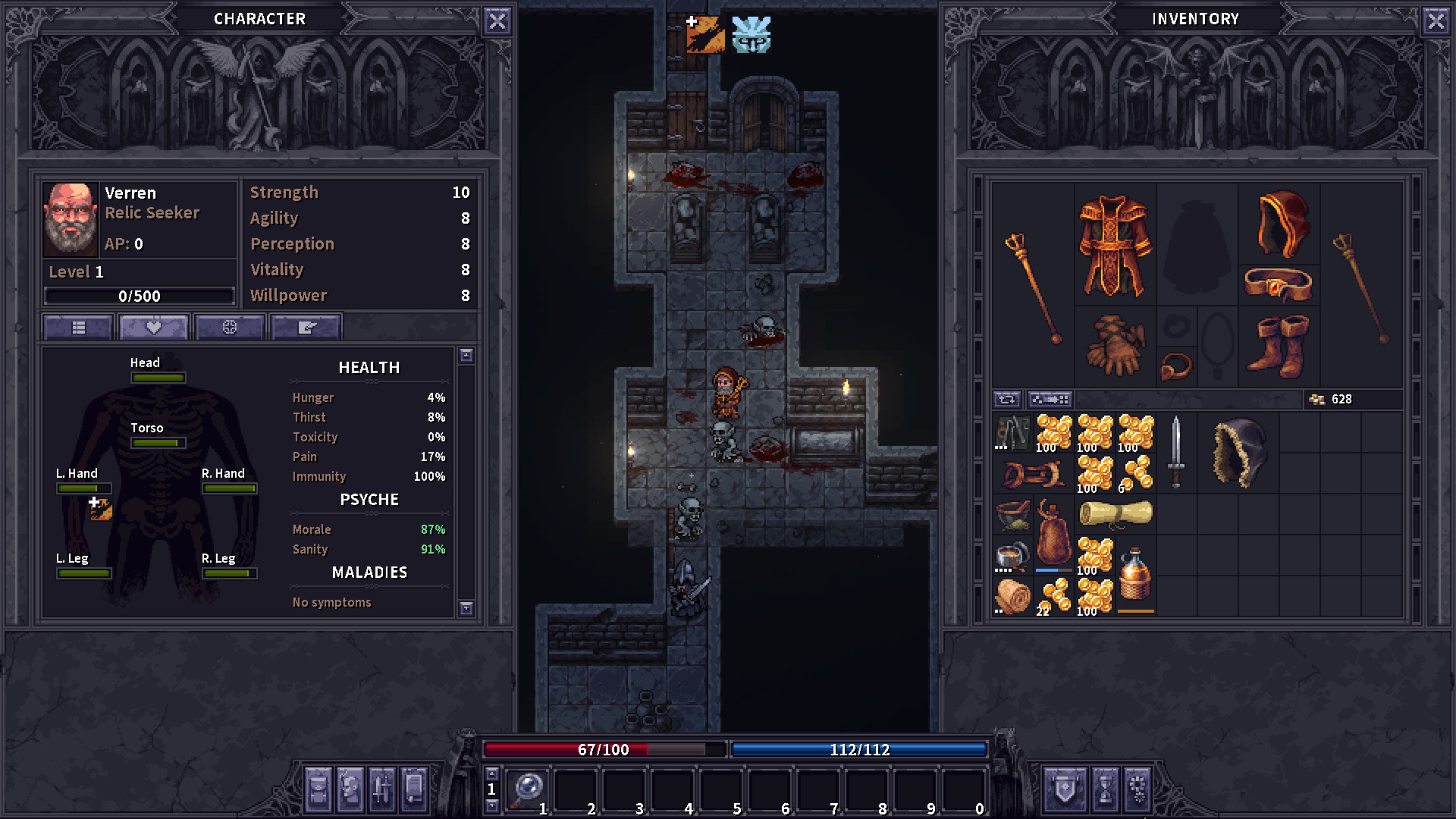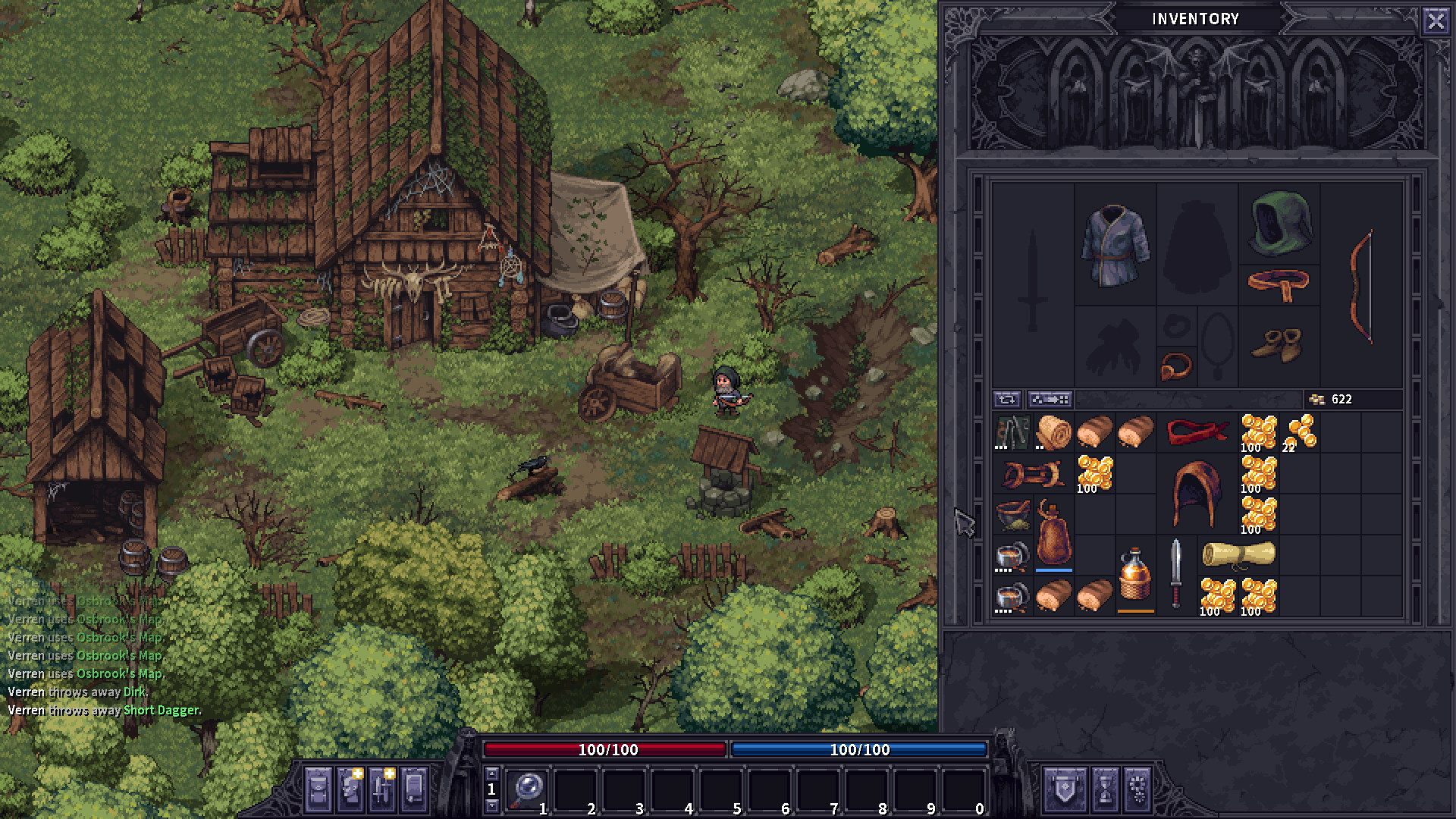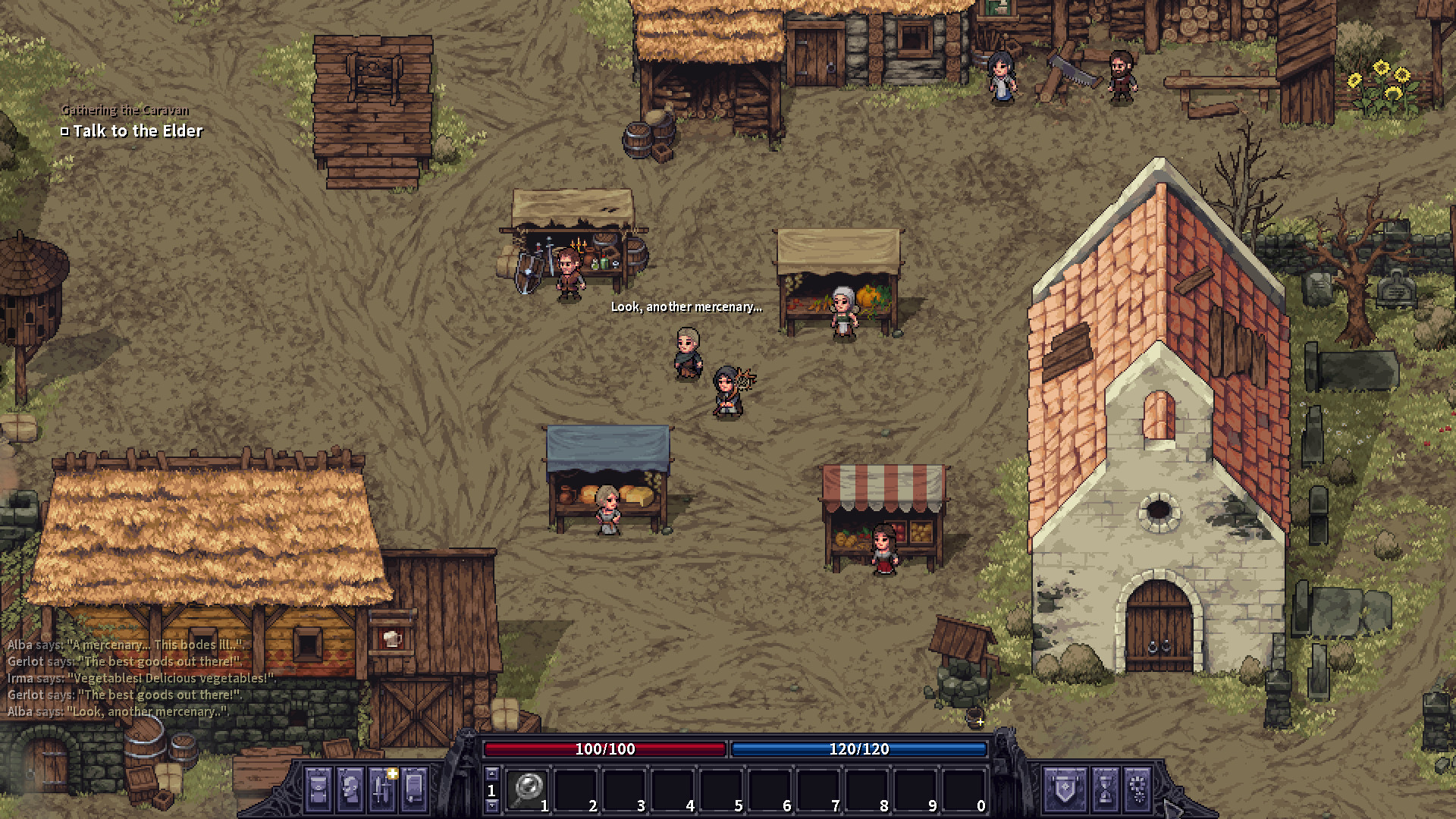Water color is the tool, exactly. If you try hard you can create something with the digital art tools what would looked as water color painting.
And people do that all the time, and it's perfectly fine, of course. No, it's more than fine — mixing old and new techniques often lead to exciting new results and styles, in art, in music, everywhere. Lots of painting software can emulate various brushes and even how blotches of watercolour get mixed together, etc.
Imagine if some scottish guys would use electronic bagpipes in attempt to create some new scottish folklore music for it. How would that make sense?
I imagined it, and yeah, why not? What "sense" are you talking about? If it's cool, people enjoy it, then go for it. There is no "authority" on creativity. Have you heard of electric violins and double-basses?
Then how about this? They mix the ancient with the contemporary (e.g. there's lots of digital DSP processing on the live audio if you pay attention), and while it's a bit gimmicky at times, I quite like it when I'm in the mood.
But here we have a situation when with modern tools (I assume) people create something with retro look.
How can you know how the artist exactly created the art? Do you know them personally and they told you? Were you standing behind their shoulders the whole time? In fact, many artists still use Deluxe Paint or similar pixel art software on the Amiga/C64/PC/whatever to do pixel art. Have you heard of
PixelJoint? Or
Grafx2, a new(ish) pixel art tool inspired by Deluxe Paint?
I guess I'm just getting worked up because you don't simply say "I don't like it" (which is perfectly valid), but instead start talking about what XYZ should and shouldn't do, and how things *are*...
Artists can do whatever, then you either like the result, or you don't.




















